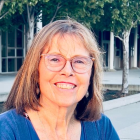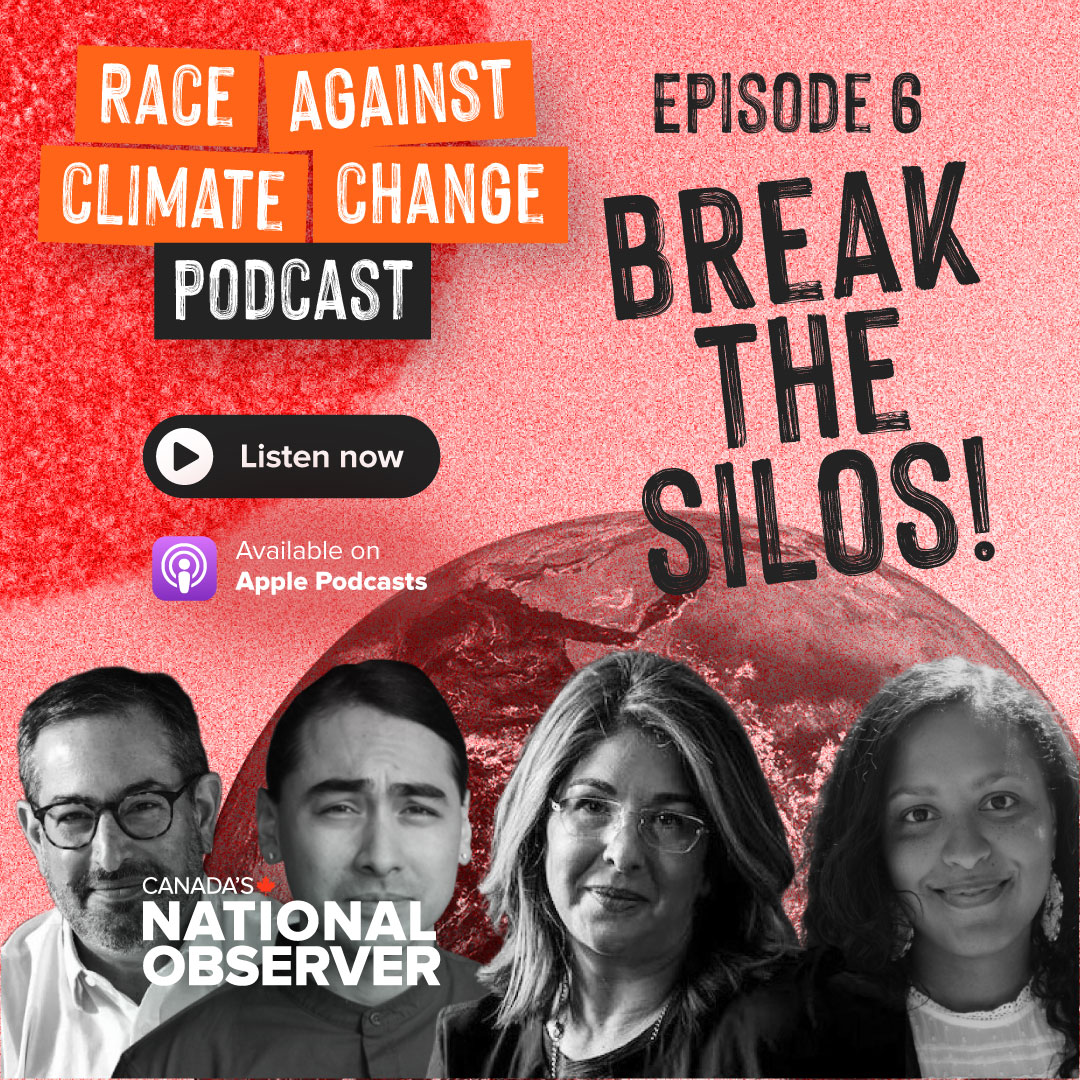Support strong Canadian climate journalism for 2025
Francine Pauvif is protecting animals by bringing young voices to decision-making about biodiversity.
As a co-founder of the Canadian Youth Biodiversity Network, this 24-year-old and her team of 11 other co-ordinators ensure youth voices are heard by the United Nations and government decision-makers.
This piece is part of a series of profiles highlighting young people across the country who are addressing the climate crisis. These extraordinary humans give me hope. I write these stories to pay it forward.

Tell us about your project.
Like the Global Youth Biodiversity Network, of which we are the Canadian chapter, we provide a platform for youth to learn about and advocate for biodiversity preservation and enhancement wherever they live. We write blog posts, hold webinars educating young people about the importance of biodiversity and their potential role in preserving it, mentor high school students to ensure a new generation of youth are empowered to move into leadership and, in 2021, hosted a consultation with 80 young people from across the country to inform our submission to the Canadian government and the UN.
We also pay particular attention to mental health because so many young people tell us climate anxiety and grief are issues for them. For example, we hosted an online session helping viewers to understand the importance of forest bathing as a potential pathway to improved mental health.
How has it been received?
At our April 2021 consultation, we were grateful to have the participation of Indigenous youth and observers from the government and the UN. More than 6,000 people have engaged with us in our webinars or other endeavours. While it is difficult to know if we are actually affecting policy, it is clear we are meeting a need.

What policy changes are youth asking for?
To be at the decision-making table. No matter where they live or what the local issues are, young people often do not feel included. It is our future. It is right that we have a valued voice.
Another related need is to make existing policy accessible. This includes short documents written in plain language as well as improving our education to make what already exists available to all of us and not just a privileged few.
We also need to make opportunities for youth engagement much more obvious. There is no shortage of groups that say they want young voices included, but finding them is not always easy. We must pay attention to ensuring opportunities are available regardless of race, gender or gender identity, income, physical ability, mental health challenges and geography.
How did you get involved?
I grew up with a grandfather who cared for dozens of stray cats and all my family members have pets. I have always loved animals and chose to study sciences at Guelph University, intent on becoming a veterinarian. But in my third year, I realized I wanted to work at a much broader systems-level than would be possible with a veterinary practice. I had very supportive professors who encouraged me to change majors to study political science and went on to do a master’s at Ottawa University studying Canadian animal rights laws and policies. In that period, I have broadened my interest further because animals cannot thrive without a healthy environment, and biodiversity has become a major area of interest. Since September 2020, I have been the rights of nature campaigner with the Sierra Club of Canada.

What makes your work hard?
There is an overwhelming assumption that youth can always engage without compensation, which restricts access to those who do not need to work for pay. Finding funding for any network is challenging, but it seems very scarce for youth.
As a result, young people have to juggle work, school, volunteering, family and caring for their own physical and mental health. If we are also caregivers in our families or anything goes a bit awry, it can become overwhelming.
What gives you hope?
Young people are getting out there. Fridays for Future was a game-changer and there is a much more evident willingness to include our voices.
Do you have any advice for other young people?
There is so much need for your voice, energy and gifts — whatever they may be. Spend a bit of time online finding out about the fields that interest you and then reach out. Young people are often afraid to ask older people for help or advice, but my experience is that it is rarely refused.
What would you like to say to older readers?
Thank you for listening to us. Thank you for reading this profile, for example. We are justifiably worried about our future, but with your help and support, we can make a better world.






Comments
Your headline writer should have said "biodiversity table". Everyone's heard of the climate change treaty, but few Canadians are aware that there is a global biodiversity treaty, and even fewer know that Montreal is the home of the U.N. secretariat for this treaty. If Mother Earth is to go on living, we'd better start paying attention to the Convention on Biological Diversity as well as the climate change convention.